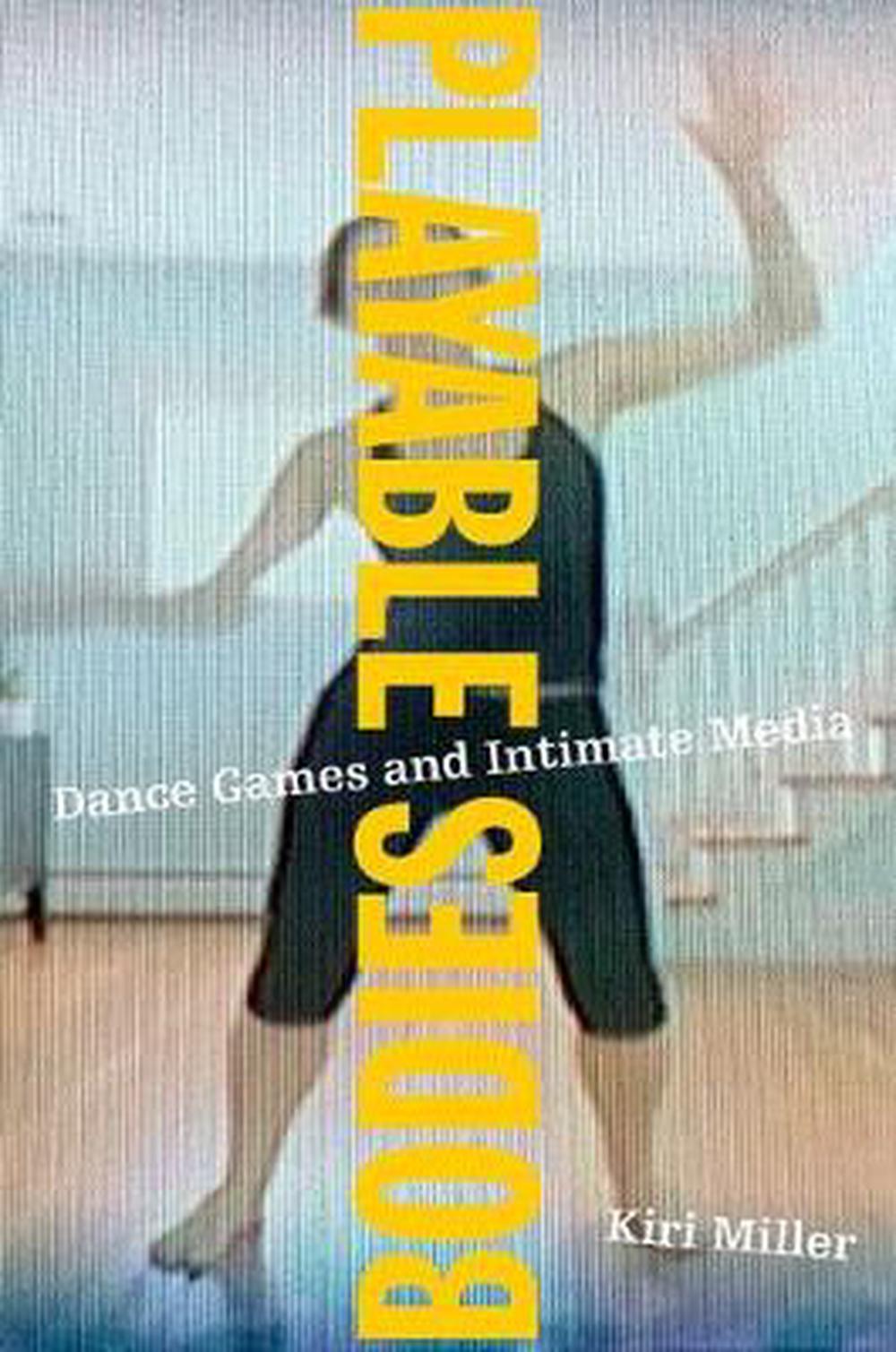
Playable Bodies
Dance Games and Intimate Media
- Paperback
256 pages
- Release Date
27 April 2017
Summary
What happens when machines teach humans to dance? Dance video games transform players’ experiences of popular music, invite experimentation with gendered and racialized movement styles, and present new possibilities for teaching, learning, and archiving choreography. Drawing on five years of research with players, game designers, and choreographers for the Just Dance and Dance Central games, Playable Bodies situates dance games in a mediaecology that includes the larger game industry, viral m…
Book Details
| ISBN-13: | 9780190257842 |
|---|---|
| ISBN-10: | 0190257849 |
| Author: | Kiri Miller |
| Publisher: | Oxford University Press Inc |
| Imprint: | Oxford University Press Inc |
| Format: | Paperback |
| Number of Pages: | 256 |
| Release Date: | 27 April 2017 |
| Weight: | 431g |
| Dimensions: | 155mm x 234mm x 20mm |
You Can Find This Book In
What They're Saying
Critics Review
“Playable Bodies is a rigorous, innovative, beautifully written investigation of the relationship between dance, music, and the body in digital play. In addition to engaging, close analyses that are attuned to the interplay between affect, sociality, and technology, the book offers an invaluable model for digital ethnography. Whether or not you’ve played Dance Central or Just Dance you will learn something: about dance, about thebody, about communities of practice, and about the social, aesthetic lives of the digital. Kiri Miller’s DIY/DIA methodology alone is worth the price of the book.”–Judith Hamera, author of Dancing Communities: Performance,Difference and Connection in the Global City and Professor of Dance at Princeton University”Kiri Miller uses dance games to ask big questions about bodies, music, and new media. At the intersection of game studies, ethnomusicology, and dance, this book is all at once a study of an industry, an investigation of new media phenomena, and an ethnography of a culture that is at once online and embodied. For all its transdisciplinary breadth, Playable Bodies is a lucid, cogent, and definitive analysis of dance games-and where all video games maybe headed.“–Jonathan Sterne, author of MP3: The Meaning of a Format”I recommend Playable Bodies to anyone looking for a solid model of virtual ethnography, which values one’s interaction with technology as a complex embodied experience” –Mara Mandradjieff, DRJ”This insightful analysis asks the reader to consider dance video games such as Just Dance and Dance Central as forms of ‘intimate media.’ Miller (music, Brown Univ.) argues that experiencing dance through video games is a way to ‘cultivate new techniques of moving, listening, seeing and being seen,’ given that players/dancers learn through the machine and then publish their dances through media, which allows their audience to respond. Thiscircle creates a unique feedback loop that Miller analyzes through participant observation, interviews with players and game designers, analysis of game-related materials on the web (provided by game companies and manyforms of player-generated content), and other sources.” –E. Bertozzi, Quinnipiac University, Choice
About The Author
Kiri Miller
Kiri Miller is Associate Professor of Music at Brown University and author of Playing Along: Digital Games, YouTube, and Virtual Performance and Traveling Home: Sacred Harp Singing and American Pluralism. Her work has been supported by fellowships from the Radcliffe Institute for Advanced Study and the American Council of Learned Societies.
Returns
This item is eligible for free returns within 30 days of delivery. See our returns policy for further details.




